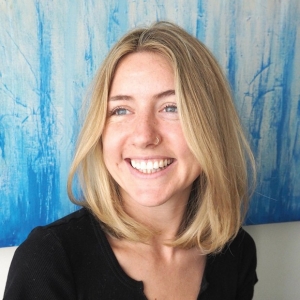Although the cryptocurrency space has the potential to transcend biases, some have noticed a lack of representation and accessibility in this new industry.
Jazna Rossi, BComm 17, and Concordia student Michelle Tzontchev aim to change this.
“Now is the time for us to build the future mindfully, and represent the world we actually live in by having all voices present,” says Tzontchev.
Although the cryptocurrency space has the potential to transcend biases, some have noticed a lack of representation and accessibility in this new industry.
Jazna Rossi, BComm (finance) 17, and Concordia Faculty of Fine Arts student Michelle Tzontchev aim to change this.
“Now is the time for us to build the future mindfully, and represent the world we actually live in by having all voices present,” says Tzontchev.
As founders of Women in Crypto, Rossi and Tzontchev offer introductory courses to women and gender-non-conforming individuals on leading-edge applications such as creating NFTs, meme culture and decentralized finance, or DeFi, as well as audience-specific programs, including one exclusively for moms.
“I’ve often heard ‘I don’t know where to start.’ This industry is moving so fast that navigating this space by yourself can feel daunting,” says Rossi.
“It came naturally to build a community where connections are fostered, and where creativity is an open discussion that brings about collaboration.”
The response has been so enthusiastic that Women in Crypto has wait-lists for all its upcoming courses. Rossi says that while she does not believe the money-making boom of the cryptocurrency industry is sustainable at its current trajectory, what will last is the technology that people are building.
“These building blocks will inevitably be the foundation behind many companies and applications of the future.”


 Jazna Rossi, BComm 17
Jazna Rossi, BComm 17